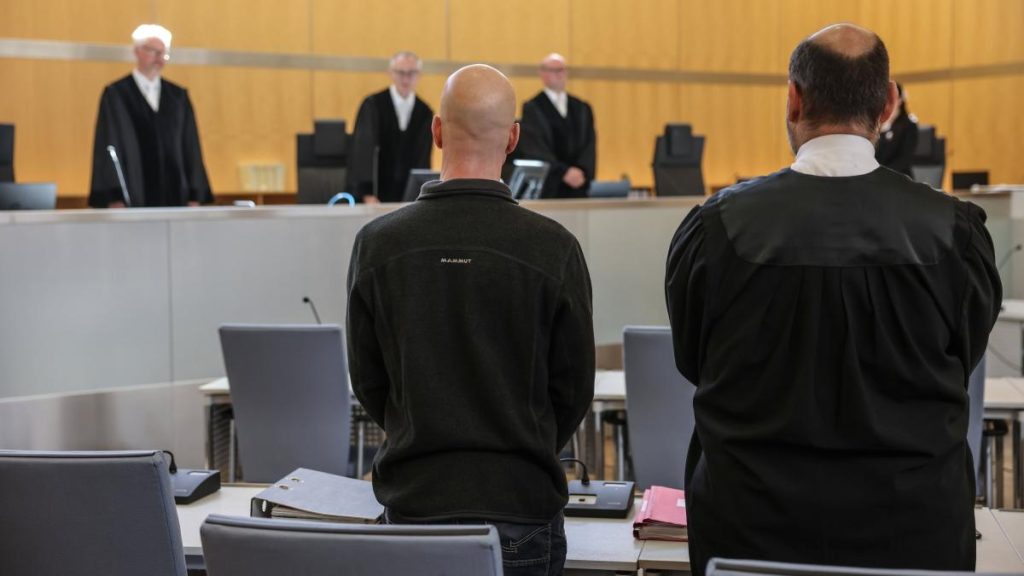A Bundeswehr officer who is a member of the far-right Alternative for Germany party confessed to spying for Russia, citing fear of a nuclear escalation in the Ukraine conflict as his motivation. The 54-year-old officer admitted to offering military information to Russia and contacting the Russian consulate in an attempt to keep his family safe. He also revealed that he had joined the AfD party and previously considered joining the Left party but was discouraged by their anti-military stance.
The officer claimed that a TikTok video had triggered his decision to reach out to the Russian consulate, as he followed a pro-Russian, AfD-supporting influencer on the platform. He expressed regret for his actions, attributing it to his poor mental state at the time, including severe burnout, anxiety, and panic attacks. The judge expressed skepticism towards the officer’s justification for spying, noting that it was easier for him to betray his country than seek medical help for his mental health issues.
The officer, who was responsible for electronic warfare systems in the Bundeswehr, was charged with severe espionage in favor of Russia. He allegedly provided confidential information on a CD to the Russian consulate and photographed training materials from the German Air Force with his phone. Despite receiving no response from the Russian authorities, he persistently tried to pass on information, believing it would benefit the Russian military. He faces up to ten years in prison for his actions.
Officials from the Federal Criminal Police Office apprehended the officer in August, leading to his detention pending trial. The court has scheduled seven hearing days until June 24th, where the officer will face the charges of espionage. His confession and remorse for his actions are juxtaposed with the severity of the consequences he may face for betraying his country and providing sensitive information to a foreign power.
The case has raised concerns about the infiltration of authoritarian influences within German institutions, as highlighted by Justice Minister Marco Buschmann. He warned of potential further cases of espionage linked to authoritarian regimes, underscoring the need for vigilance and security measures. The revelation of the officer’s dual membership in the AfD and his espionage activities sheds light on the complexities of political allegiance and loyalty, especially in a context of heightened geopolitical tensions.
The officer’s mental health struggles and personal motivations for espionage offer a glimpse into the interplay of individual vulnerabilities and external pressures that can lead to betrayal and treason. The court proceedings will focus on determining the extent of his actions and the implications for national security. The case serves as a cautionary tale about the risks of radicalization and foreign influence in military and political structures, prompting reflection on the complexities of loyalty and allegiance in an increasingly polarized world.


